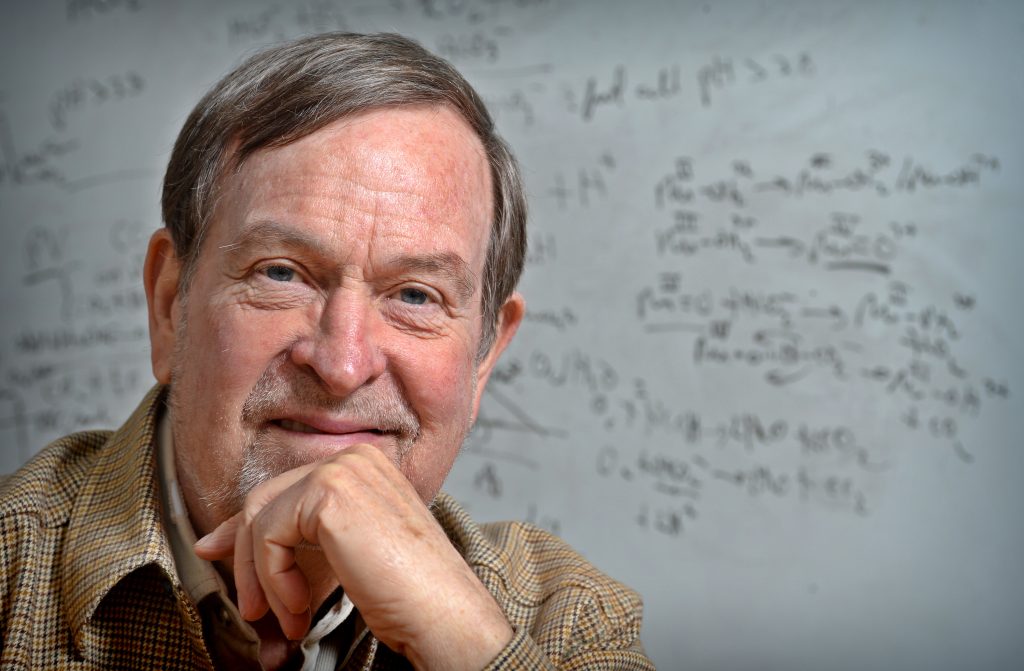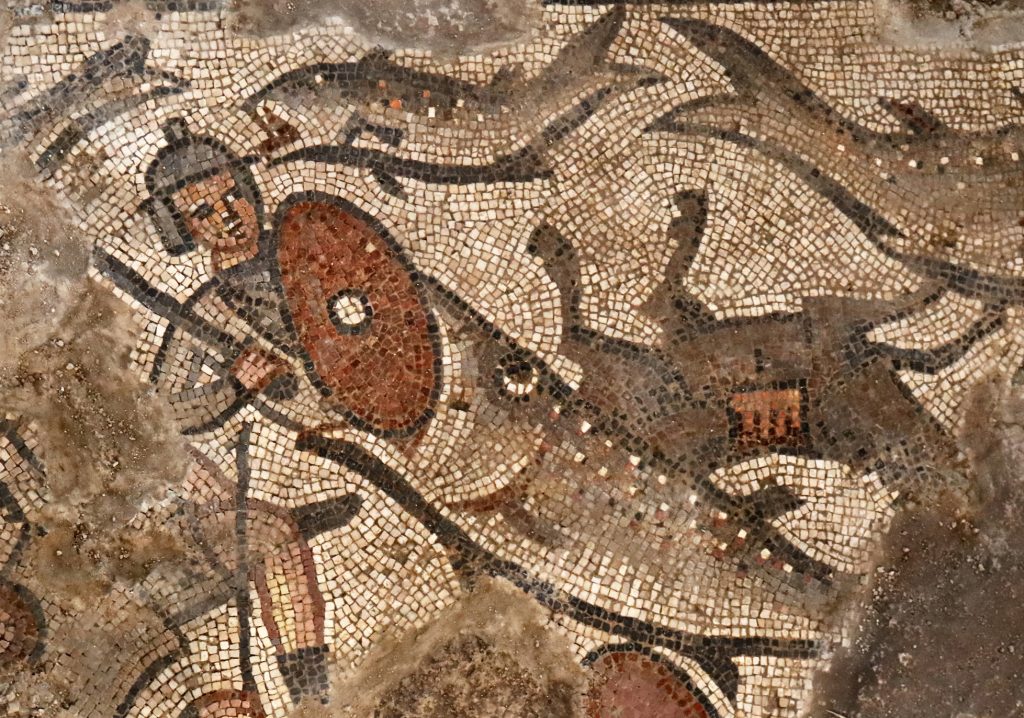University of North Carolina at Chapel Hill faculty members Lawrence E. Band and Hans W. Paerl were named to the prestigious American Geophysical Union (AGU) Class of 2015 Fellows. Band and Paerl are among 60 individuals from around the world who will be recognized at the AGU fall meeting Dec. 16 in San Francisco, Calif. Only 0.1 percent of AGU members attain this honor in any given year.
“We couldn’t be more pleased to have two faculty from UNC receive this significant recognition this year,” said Vice Chancellor for Research Barbara Entwisle. “Dr. Band and Dr. Paerl are among the elite scientists in their fields and this acknowledgment is a testament to both the world-changing research enterprises they’ve built and the practical applications of their work.”
Fellows are selected for their exceptional contributions to Earth and space sciences by their peers and selections are vetted by a committee of Fellows.
The AGU is recognizing Band for pioneering digital topographic analysis at multiple scales, and leading the interfacing of hydrology and ecology. He is leading substantial efforts in research, education and public service in the area of water science and management to help policymakers in North Carolina and around the world make decisions about water sustainability. His field research with local watersheds has helped legislators and communities better understand and improve water resources for human consumption.
Band’s research has helped inform cities and homeowners about the use of green infrastructure like rain gardens, green roofs and permeable pavement, which can help filter pollutants out of storm water before contaminating drinking water reservoirs. Band’s research team also partners with the N.C. Department of Environment and Natural Resources to help restore river basins in the state, to preserve and protect water resources. He is the Voit Gilmore Distinguished Professor of Geography in the College of Arts and Sciences and director of the UNC Institute for the Environment. He also serves on the North Carolina Department of Environment and Natural Resources Division of Water Resources Committee on Nutrient Sensitive Waters.
Paerl is being honored for his work on the causes and consequences of key biogeochemical and ecological changes impacting estuarine and coastal ecosystems.
He is a world leader in monitoring and evaluating water conditions and finding solutions to problems that arise when changes occur in water supplies. He co-developed FerryMon in 2000. FerryMon, short for ferry monitoring, uses North Carolina Department of Transportation ferries to automatically collect daily water samples using ferries that cross the Pamlico Sound and Neuse River Estuary. FerryMon serves as an early warning system for identifying potentially harmful changes in the ecosystem, and has become a model for automated monitoring water ecosystems across the nation.
Paerl’s most recent research spans the globe and examines ways to mitigate toxic cyanobacterial blooms in China, Europe and the U.S., creating safer water supplies for human consumption. He is the Kenan Professor of Marine and Environmental Sciences at the UNC Institute of Marine Sciences in Morehead City.
The AGU Fellows program was created in 1962 as a way to identify experts to advise government agencies and other organizations outside the Earth and space sciences as well as to motivate members to achieve excellence in research.
The Institute for the Environment catalyzes and advances interdisciplinary environmental research to solve local to global challenges, educates the next generation of leaders committed to the health and stewardship of our planet, and informs and engages the public to enable environmental problem solving. For more, visit www.ie.unc.edu.
The Institute of Marine Sciences is an off-campus research, education, and service unit of UNC that, together with the on-campus Department of Marine Sciences, forms the internationally recognized UNC Marine Sciences Program. For more, visit ims.unc.edu/.



